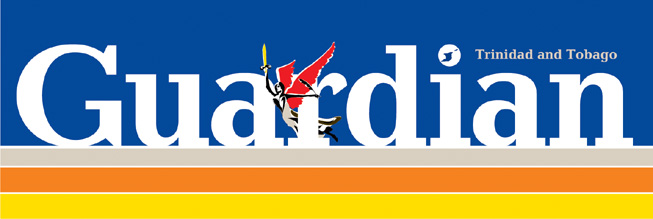It is important to recognise when academics speak about white power they are talking about whiteness in the context of a group with privilege and hierarchy over all other groups. This is a historical power embedded in the structure of the world and its varied post-colonial societies. White power and privilege is built into the foundations and architecture of Western modernity. Colonialism, slavery, and the theft of land from non-whites around the world produced capitalism, and all were based on the belief of white supremacy.
It was and is a rationalisation that justified the historical domination of Whites over all other groups in the world. However, these historical truths are often made invisible and written out of the Euro-American mainstream culture in a form of white amnesia, and replaced by neoliberal accounts of individual white brilliance.
At the same time, white privilege does not mean every individual who has white skin automatically gets equal access and membership in the social privileges that come with being White. Nor does it mean white power cannot be made visible and tackled.
But it does suggest as the Whiteness Studies scholar Katharine Taylor points out that, “white power structures often persist independently of the good or bad intentions of White individuals.” This means that white power and privilege is constantly reproduced in mundane everyday ways and often without intention or badmind.
A good example is how White people as a group in general are often unaware of their privilege.
As Taylor continues, “White people do not explain their success on the grounds of their ethnic identity. For example, they do not think that they have a nice house, a good job or a positive response from their children’s school because they are White. Rather, White people more often than not believe that their good fortune is solely dependent upon their individual achievements and not because they are White.”
Many White individuals whether they are White Trinis, White Brits, or any other nationality deny they are part of such a tradition and structure. For example, you never hear the British PM David Cameron or banks like Barclays, Lloyds, JP Morgan Chase and Rothschild’s, or the powerful white nations of the G7 acknowledge that much of their wealth and subsequent power and capitalist success derives from the economic gains and compensation they received from the white racism of colonialism and slavery and the subsequent intergenerational transfers of wealth that followed.
As the old saying goes, “the last thing a fish notices is the water.” Just like fish takes water for granted, many Whites don’t even notice their privilege. Nor do many recognise or know that “White” was invented and constructed in opposition to a racialised “other,” and that the negatives and prejudices that surround blackness are a product of this invention.
For these “other” groups, like African-Americans, the fish analogy is better framed as marine mammals in the water because that type of aquatic life cannot help but notice the water. They must always come up for air. The water surrounding them never goes unnoticed, it can suffocate and kill them. While many white Euro-Americans might not see their race, the privilege of whiteness is something most African-Americans always see.
It is the same in T&T for many local whites. Yes, the T&T reality is complicated and patterned by a distinct history of migration, racism and colonialism that is lived out and made personal and meaningful by our interactions with friends, family, colleagues and strangers in a multi-ethnic society like our own.
Yet, these complications do not deny or restrict the power of whiteness locally and its advantages in life over other groups in society. White Trinis (and I would include myself in this due to my own white British heritage, life experience, and how others see me here) do not suffer racism on account of our whiteness. Yes, we might experience name-calling, stereotypes, and the occasional denial of power, but that is not racism.
Racism is a structural phenomenon. It systemically oppresses groups historically disenfranchised and subjects them to violence (interpersonal, economic, social, cultural and epistemic) on account of their phenotype, and denies them access to capital (cultural, social and economic).
What white groups in T&T and elsewhere face is not racism in the academic sense. Yes, individual level experiences are varied but as a group, White people are not marked negatively by race in ways that deleteriously follow them around and pejoratively affect their lives. A reality the white mainstream media constantly rewrites and makes invisible.
http://m.guardian.co.tt/columnist/2015-06-28/when-white-privilege-goes-wrong

 RSS Feed
RSS Feed